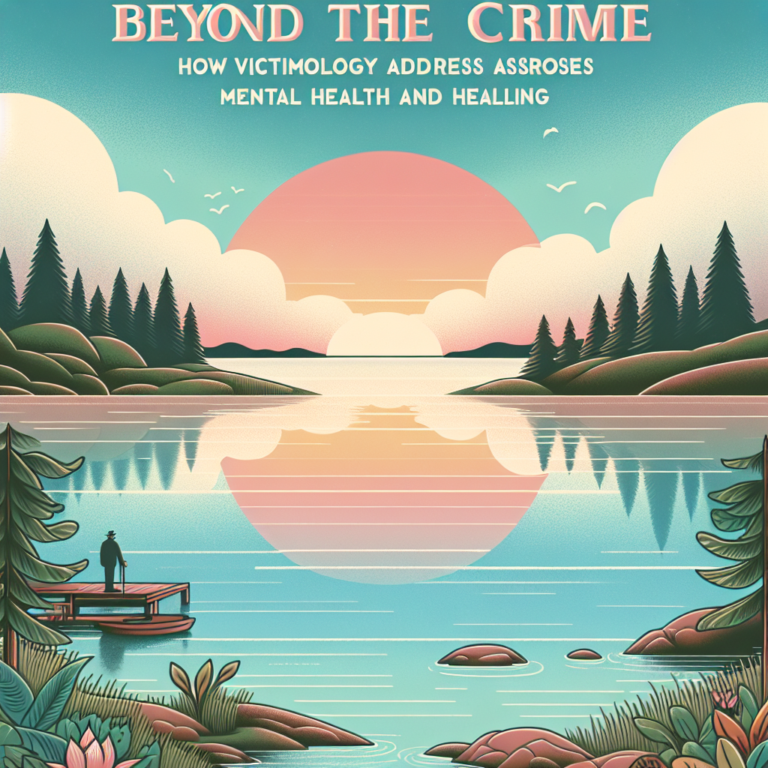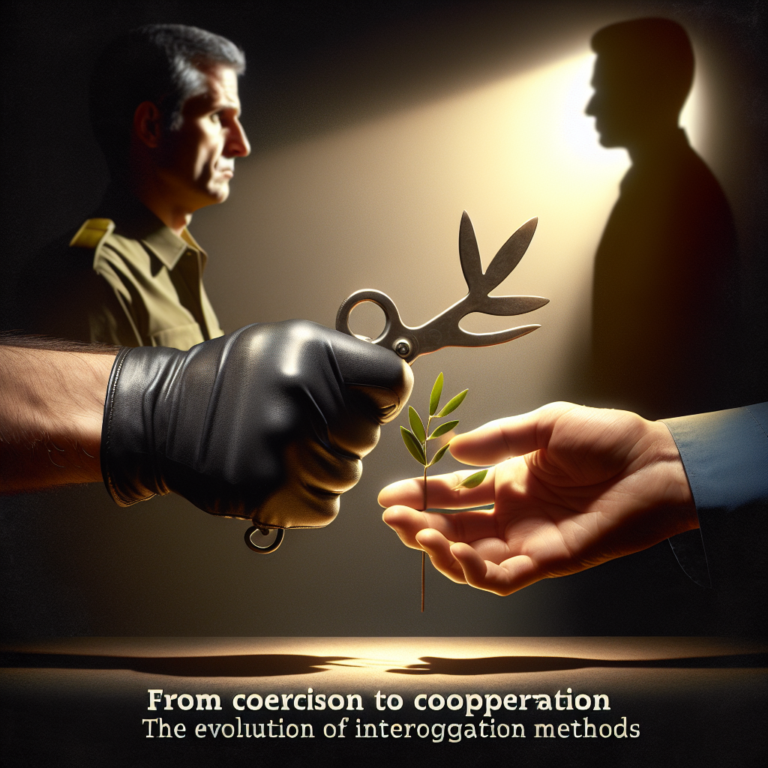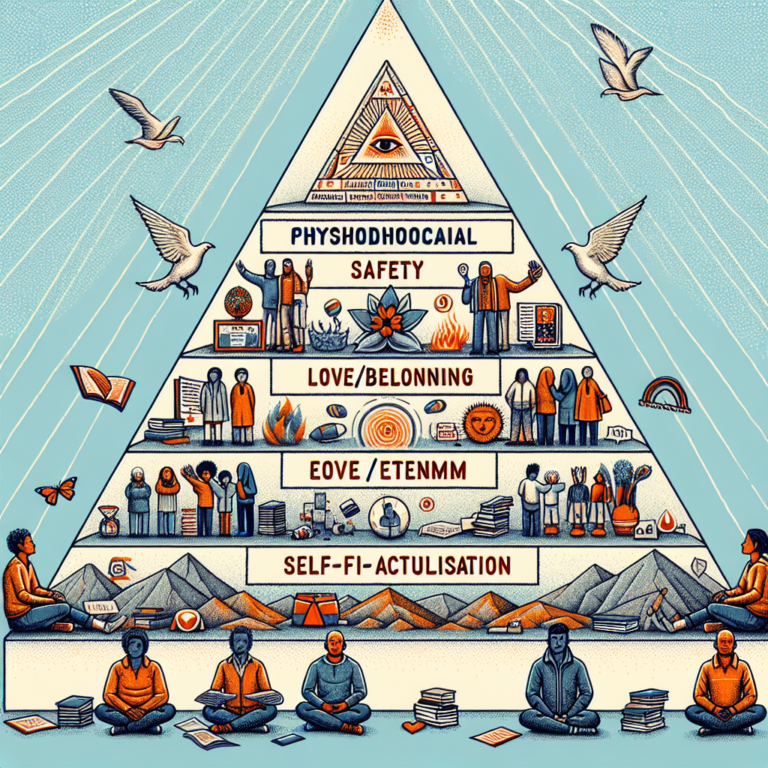
Introduction
In a world increasingly dominated by technology and rapid social changes, the issue of stalking has gained unprecedented attention. With an estimated 1 in 6 women and 1 in 17 men experiencing stalking at some point in their lives, the implications extend far beyond the individual; they affect families, workplaces, and communities. Understanding Stalking Laws Across the Globe: A Comparative Analysis is essential for fostering awareness and creating more effective legal frameworks designed to protect victims. In this article, we will embark on a journey through various countries, examining how they regulate stalking behavior, the effectiveness of these laws, and the cultural perceptions surrounding them.
The Nature of Stalking: An Overview
Stalking is typically defined as a pattern of repeated and unwanted behavior aimed at a specific individual, often inducing fear or distress. Its manifestations can range from relentless phone calls to elaborate digital harassment. The behaviors involved often blur the lines between harassment, obsession, and criminality, creating a complex landscape for legal interpretation.
Table 1: Common Behaviors Associated with Stalking
| Behavior | Description |
|---|---|
| Monitoring | Following or tracking the victim’s movements. |
| Harassment | Repeated unwanted communications (calls, texts). |
| Surveillance | Using technology to observe the victim secretly. |
| Invasion of Privacy | Unlawfully accessing personal information. |
Understanding these behaviors sheds light on why robust laws are crucial for the protection of victims. The challenge lies in harmonizing these definitions with societal norms, which vary widely across different cultures and legal systems.
North America: A Framework in Progress
United States
In the U.S., stalking laws vary by state, a reflection of the broader legal landscape where states have significant autonomy. Most states recognize stalking as a criminal offense, often classified as a misdemeanor or felony, depending on the severity and context of the behavior.
Case Study: California
California was a pioneer in enacting anti-stalking laws in the 1990s, emphasizing the importance of protecting victims. The state’s “Stalking and Anti-Harassment” law makes it a criminal offense to engage in stalking behaviors, punishable by significant fines and jail time.
- Relevance: California’s proactive stance has influenced other states to adopt similar measures, promoting a national conversation about the need for better protections and support systems for victims.
Canada
Canada’s Criminal Code defines stalking under the term "criminal harassment," which encompasses behaviors such as following someone and repeatedly communicating with them. The Canadian approach emphasizes a victim-centered perspective, focusing on the emotional and psychological harm inflicted by such acts.
Case Study: The Toronto Incident
In a high-profile Toronto case, a woman was stalked for years by an ex-partner, leading to a significant legal battle that resulted in increased public discourse on stalking laws.
- Relevance: This incident triggered an examination of the efficacy of existing laws, leading to calls for legislative reform to better protect victims.
Europe: A Diverse Legal Landscape
United Kingdom
In the U.K., the Protection from Harassment Act 1997 forms the foundation of stalking legislation. The law covers not just physical actions but also online forms of harassment. The recent introduction of the Stalking Protection Act 2019 allows for immediate protective orders against suspected stalkers.
Case Study: The Case of the Stalker’s Victim
A significant case arose when a victim obtained a stalking protection order and later successfully prosecuted her stalker under existing harassment laws.
- Relevance: This showcased the effectiveness of legal protective measures and the necessity of awareness campaigns for victims about their rights.
Germany
In Germany, stalking is classified under the Section 238 of the Penal Code, which addresses stalking directly. The law has evolved to recognize both physical and digital forms of stalking, reflecting the changing landscape of relationships and communication in the digital age.
Case Study: The Berlin Incident
A case in Berlin highlighted the difficulties victims face when trying to provide evidence while navigating the legal system, leading to discussions about improving victim support services.
- Relevance: This case spotlighted the continual need for legal reforms and training for law enforcement on recognizing and responding to stalking behaviors.
Asia: Culture and Law in the Balance
Japan
Japan’s approach to stalking is somewhat conservative. Stalking was criminalized in 2000, but enforcement remains inconsistent. The law primarily focuses on prevention, but there are calls for more stringent measures.
Case Study: The Tokyo University Incident
A string of stalking cases involving university students garnered media attention, prompting educational institutions to rethink their policies on harassment and support for victims.
- Relevance: The public outcry led to legislative discussions about the inadequacies of current laws, illustrating the growing recognition of stalking as a serious societal issue.
India
India has made significant strides in recent years to address stalking, incorporating it into the Indian Penal Code as a distinct offense. However, societal stigma often undermines enforcement.
Case Study: The Delhi Stalking Case
In a landmark case, a woman fought against her stalker and was able to receive justice due to the laws in place, which led to public awareness campaigns about the importance of reporting such incidents.
- Relevance: This case demonstrates the potential for law to enact social change, encouraging society to speak out against stalking behaviors.
Latin America: Emerging Awareness
Brazil
In Brazil, stalking is not yet categorized as a distinct crime. However, the Maria da Penha Law offers protections for women from domestic violence, including stalking behaviors. Advocacy is pushing for more explicit laws regarding stalking.
Case Study: The São Paulo Case
A woman’s several-year battle for recognition and protections under existing laws highlighted the gaps in the legal system concerning stalking.
- Relevance: The advocacy from this case is driving significant discussions on reforming existing laws and integrating stalking into the legal framework explicitly.
The Role of Technology: A Double-Edged Sword
Surveillance and Digital Stalking
The rise of social media and digital communication has created unprecedented challenges for stalking laws. Many jurisdictions are struggling to keep pace with technology’s evolution, often leaving victims vulnerable.
Case Study: The Instagram Stalker
A case that involved a stalker using Instagram to harass a victim raised essential questions about privacy, consent, and the responsibilities of social media platforms.
- Relevance: The case led to discussions on the need for technology companies to be held accountable and implement stricter measures to protect users.
Challenges Facing Victims Worldwide
Underreporting and Stigma
A significant barrier in effectively addressing stalking is the underreporting of incidents due to fear, shame, or skepticism regarding law enforcement’s response. Many victims feel that legal systems favor perpetrators or that their experiences will not be taken seriously.
Cultural Norms and Legal Efficacy
Cultural perceptions of stalking play a critical role in shaping laws and their enforcement. In some societies, stalking may not even be recognized as a crime, complicating the path to justice for victims.
Recommendations for Improvement
Comprehensive Education and Training
For legal frameworks to be effective, law enforcement and judicial authorities must receive training focused on understanding the complexities of stalking behaviors. This education should extend to community awareness initiatives so that victims are empowered to report incidents.
Standardization of Laws
A global push for standardized definitions and legal protections could significantly enhance victim protection efforts. International collaboration and the sharing of best practices would serve to fortify laws aimed at preventing stalking.
Utilizing Technology Responsibly
As digital communication becomes further entrenched in our lives, lawmakers must work closely with technology companies to develop protocols and tools to help identify and manage stalking behaviors online.
Conclusion
Understanding Stalking Laws Across the Globe: A Comparative Analysis illuminates the complexities and nuances involved in addressing stalking as a crime. Across continents, the recognition of stalking as a serious offense is growing, yet significant challenges remain, particularly in enforcement and cultural perceptions.
By fostering dialogue and creating legal frameworks that reflect modern realities, societies can equip victims with the tools they need to seek justice. In advocating for comprehensive laws and strategies to combat stalking, we can work toward a safer future for everyone.
FAQs
1. What constitutes stalking?
Stalking generally involves a pattern of repeated, unwanted behavior directed at a specific person, causing them fear or distress.
2. Are stalking laws effective?
The effectiveness of stalking laws varies by jurisdiction; while some places have robust frameworks, others struggle with enforcement and public awareness.
3. What should I do if I am being stalked?
If you are being stalked, document all incidents, reach out to law enforcement, and consider obtaining a restraining order.
4. How have technology changes affected stalking?
Technology has both facilitated incidents of stalking through social media and digital communication, while also providing new avenues for reporting and documenting them.
5. What can communities do to help victims of stalking?
Community awareness programs, victim support services, and advocacy for stronger laws can all contribute to a safer environment for potential victims.
These initiatives help cultivate a culture that takes stalking seriously, ensuring victims feel empowered and supported in their journeys toward justice.











